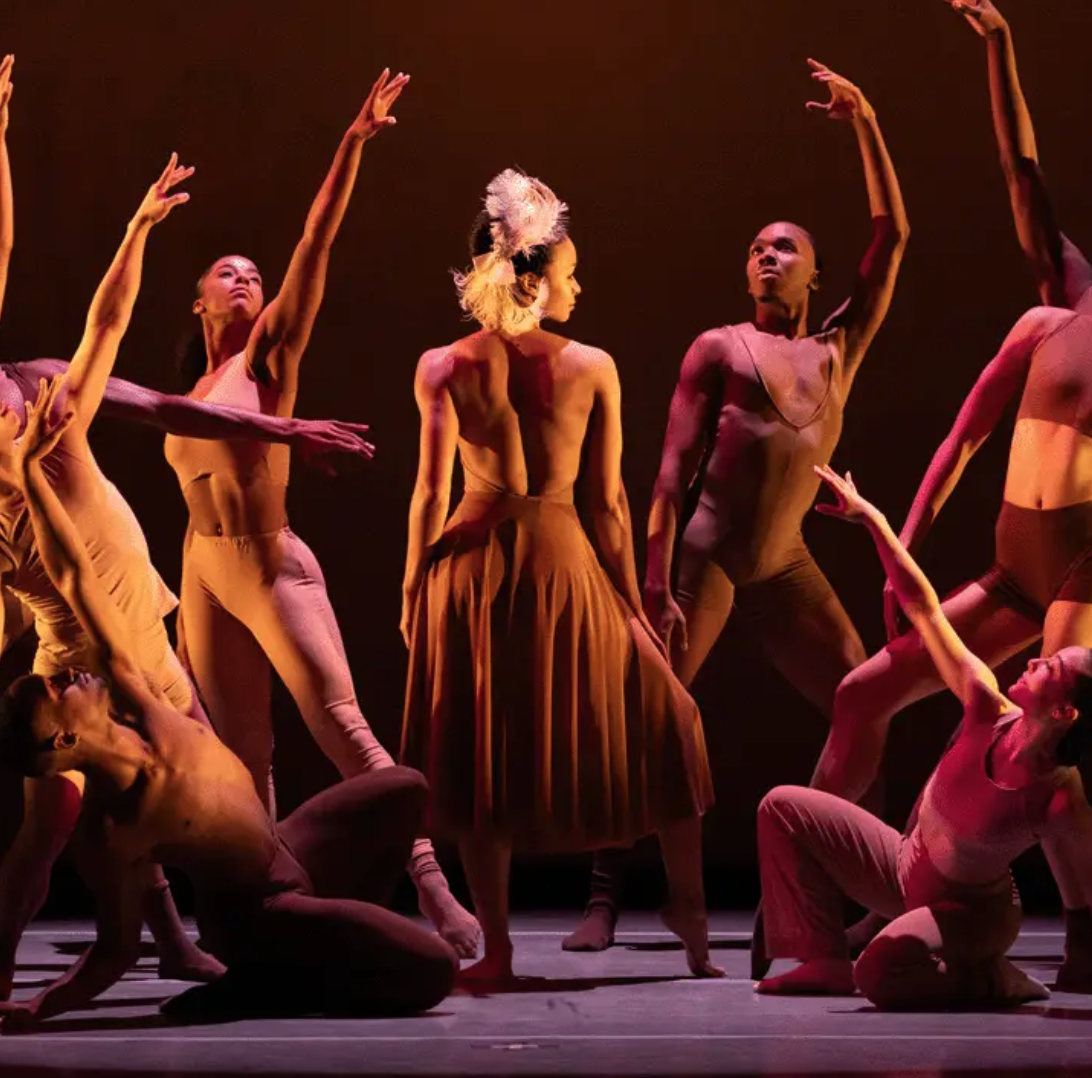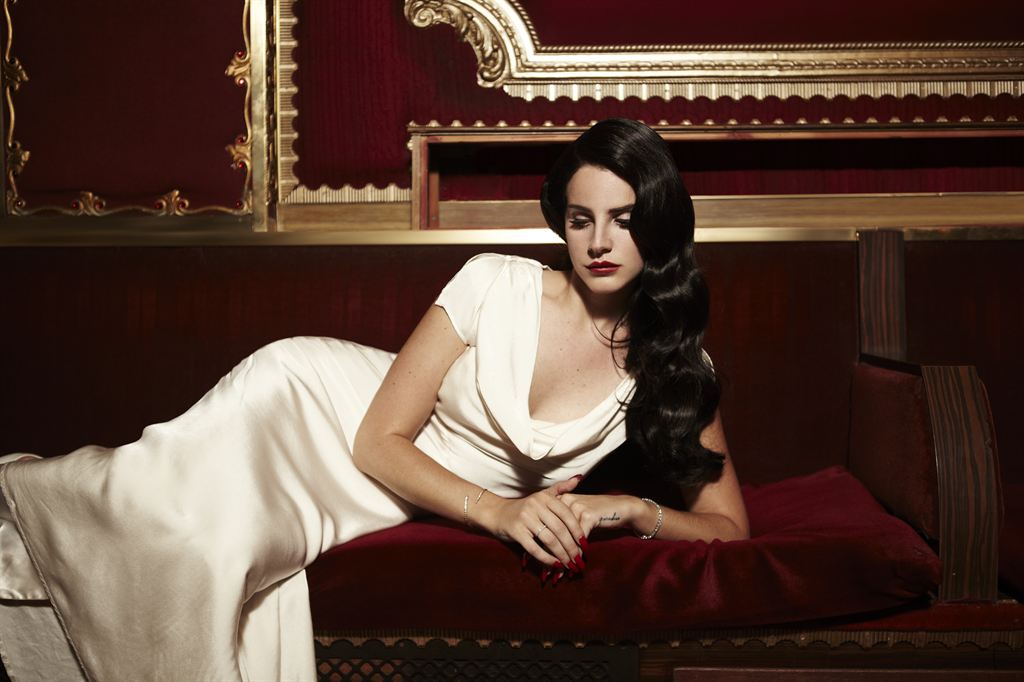Over the course of her six years teaching dance in UVA’s drama department, lecturer and faculty member Katie Schetlick has noticed a shift in her students. More and more, she’s seeing students connect with the influential work of choreographer Merce Cunningham.
“A large body of his work is from the 1960s, ’70s, and ’80s. But in some way, Merce’s work now relates more to the fragmentation of how we receive information,” Schetlick says. “There are fewer questions about how Merce’s work qualifies as dance. A few years ago, there was much more confusion about his work and what it was supposed to ‘mean’.”
It’s timely too, as 2019 marks the 100th anniversary of the late American artist’s birth. From London to Lyon, and from Charlottesville to Los Angeles, universities, dance companies, and artists around the world are commemorating the occasion. Schetlick and Kim Brooks Mata, director of UVA’s dance program, organized weekly screenings of the documentary mini-series “Mondays with Merce,” airing from 9am to 5:30pm in the lobby of the Ruth Caplin Theatre—on Mondays.
In the 16-part series, Schetlick says “you can see how hungry Merce is for the art form of dance, even after 70 years. You can see his childlike approach.” She points to the final installation of the series, which was the last interview the choreographer gave before he died. The 90-year-old Cunningham’s passion and reverence for dance is tangible. He simultaneously reflects on his legacy while embracing a rapidly changing future of art, and challenges the interviewer’s use of words like “good” and “lifelike” to describe art—as so many did during Cunningham’s lifetime.
“Art is full of life,” Cunningham says, laughing. “All kinds of art.”
Schetlick says, “you can see his endless curiosity about what movement is and what foregrounding movement is in dance. It’s not dance as a means for something. It’s movement in dance in and of itself.”
And Cunningham did start a movement. He shared a lifelong personal and professional relationship with composer John Cage, and collaborated with visual artists such as Andy Warhol, Robert Rauschenberg, and Charles Atlas. Schetlick says she’s been enamored by Cunningham’s “RainForest” since she saw it as a student in her first dance history class 12 years ago. The piece features a set with helium-filled mylar balloons designed by Warhol, and dancers with flesh-colored leotards that Jasper Johns slashed with a razor blade.
“The mylar balloons became another kinetic force in the piece and animated some of the ways that Cunningham was thinking about chance,” Schetlick observes. “You couldn’t predict what those balloons were going to do, so they became a force of change in the piece. …It stuck with me.”
Through Cunningham’s artistic collaborations and explorations, Schetlick says, he challenged what dance could be. He investigated the form of the body—asking questions about it from the early 1950s until his death in 2009. Cunningham’s focus on movement in its purest form is what Schetlick highlights for her students.
“He wasn’t interested in stories or messages through dance,” says Schetlick. “He let the movement guide understanding, rather than play in to concept or feeling—as if the body itself could speak. What we’re trying to impart on our students is the importance of dance. It’s the least supported art form in many different ways, but it carries so much weight.”
UVA’s drama department, The Fralin Museum of Art, and Violet Crown give the public another chance to join in the global commemoration with a screening of Atlas’ documentary Merce Cunningham: A Lifetime of Dance. The film explores the trajectory of Cunningham’s career through the lens of his close collaborator—from early footage of his dances to recent productions using choreography computer software.
“Even when he could no longer move,” says Schetlick, “he was still choreographing.”
To participate in the global celebration of the late choreographer Merce Cunningham’s 100th birthday, see Merce Cunningham: A Lifetime of Dance at Violet Crown on April 17, or catch an episode of “Mondays with Merce” at the Ruth Caplin Theatre through April 25.









